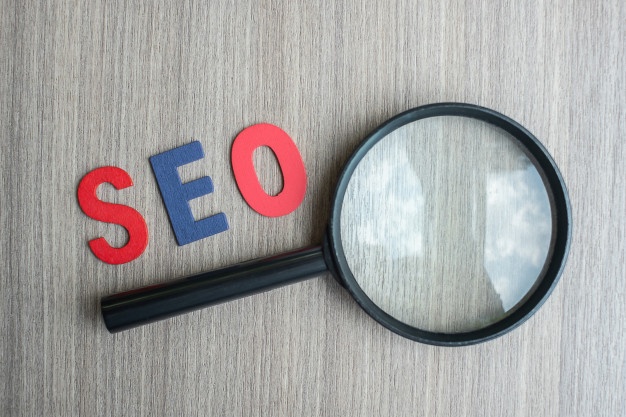
26 Nov Why Is Google Concerned About Privacy?
Data Breach
Even before recently, Google has done well in terms of privacy and data security standards. However, they were unable to retain it in pristine condition. A problem in the Google Docs software was discovered in 2009, allowing around 0.05 percent of saved documents to be exposed. The proportion may appear “not too” scary, but if we base it on 1 billion users, that equates to around 500,000 persons. Google is a massive corporation that cannot afford any mistakes. However, with today’s more modern technology, their security measures are more reliable than in the past.
System of Tracking
Many company owners rely heavily on Google Analytics for their digital marketing needs. This tool, along with a few others, is used by the internet behemoth to assess user surfing tendencies. Google connects the information to an associated Google account as well as an IP address to create a person’s complete profile.
And since Google can extract such data, it has grown to be an all-powerful entity in the advertising industry. Google made $95.38 billion in profit in 2017, primarily from advertising. This data is incredibly beneficial for marketers that are seeking for consumer insights by targeting people with adverts.
Cookies
When a person conducts a Google search, the mobile device or computer receives a cookie. These cookies convey information about the page he/she has visited back to Google, including links to the Gmail account used to login to the device. However, Google’s privacy policy does not specify whether it keeps or deletes its records of your website’s surfing history. Even if you may erase the cookies from your mobile device or computer, they normally update every time you use a Google service.

Actions You Can Take
Don’t worry, there are certain things you can do to protect your privacy when using the internet. The search engine is doing its bit through Google privacy settings, but you must do yours as well. They enable you to secure your online privacy in the following ways:
- Recognize your right to privacy – whether it’s about Google account privacy or Google photographs privacy, utilise the Google Privacy Center to learn about your options. It comprises the company’s privacy rules, as well as the best practises for all of its goods and services. If you struggle to understand Google “legalese,” there is a collection of short movies with recommendations on protecting your data when using Google goods or services. The videos are easier to follow than the privacy statements.
- Content protection while using the services – analysis findings, images, and documents are examples of content that Google preserves for you. Google Analytics and Google Docs privacy shield you from data leaks, but once you publish to Picasa Web Albums, it becomes public. There is a way to safeguard them by simply checking the proper option while uploading the images. You may also prevent Google from saving instant message transcripts to keep Google Chat off the company’s radar. Keep in mind that Google Latitude can track you down using their GPS-enabled mobile phones. You have the ability to notify anybody of your whereabouts. Google Latitude will not share the data of your location, not unless you want to make it public.
- Turn off the Google Suggest function – Google Chrome contains a Google Suggest tool that tries to predict the site URL input in the search box. It recommends places based on popular websites as well as the search term entered. Simply uncheck the “use a suggestion service” box to disable this function and maintain your Google data privacy. You may also select “incognito” mode to ensure that cookies, downloads, and other types of information do not enter your computer every time you close the session.
- Internet-based advertisements can be disabled — Google, as well as all third parties in its AdSense network, do not rely on contextual information. They use your online history of previously visited web pages to create customised adverts and display advertisements based on your interests. You may eliminate the categories of your interests by visiting the Ad Preferences page, which is recommended by well-known web development service providers. You can also choose to opt out, but you will need to install plug-ins for each of your browsers separately.
- Put a lid on your browser history — When someone attempts to create a Google account, they frequently neglect to switch off the Web History choices. If this option is enabled, it will save a personalised search history for the user to utilise. Google does not utilise this information to provide targeted adverts since it uses a distinct search history stored in Google’s server logs. Even if you delete that data after nine months, your browsing history remains, until you turn it off or delete the material.
Another Beneficial Tip
The final suggestion for maintaining your privacy on Google is to encrypt the emails you write and read in Gmail. Google can encrypt your login information by default using SSL encryption. It does, however, switch off anytime you interact with your email because it slows down the general speed of the emailing platform. The option to encrypt emails may be found in Settings, under the General tab. Scroll down to the bottom section of the Browser Connection setting and turn on the “Always use https” option.
– –
Looking for SEO? For more SEO Malaysia information, please visit https://seo.ericanfly.com/ or WhatsApp +6012-696 3011 for FREE SEO Consultation!


